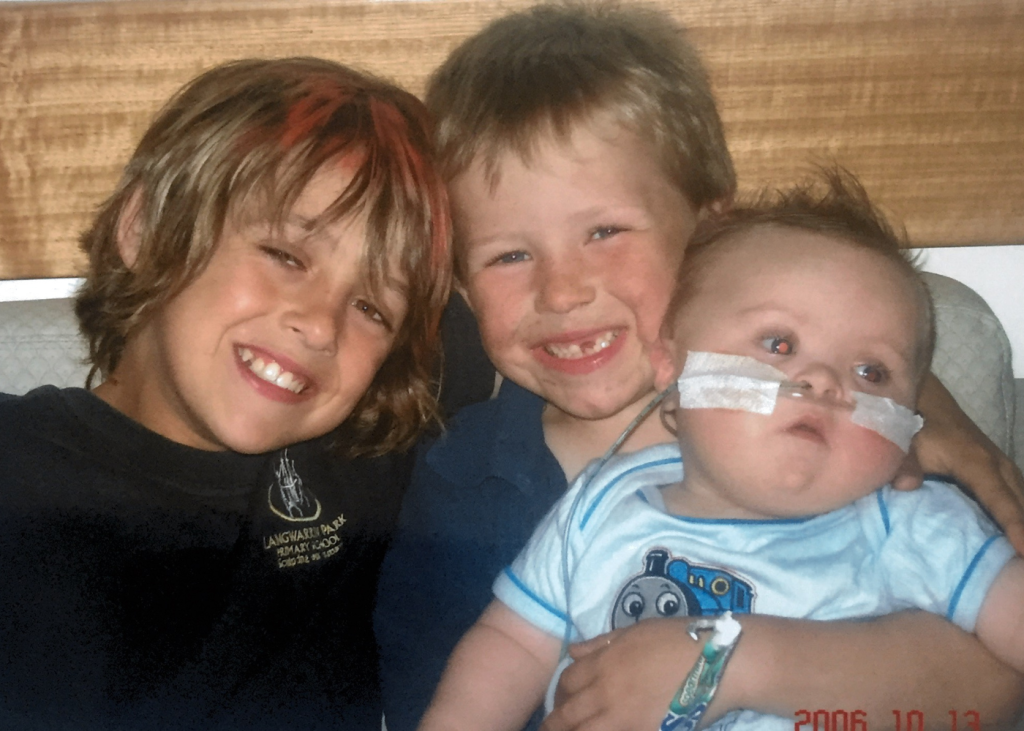By Julie Fisher
1. How did you first become aware that there might be a concern about your child’s health or development? What were the early signs that led you to seek a diagnosis?
We received a pre natal diagnosis and the first inkling of Down syndrome was during the first ultrasound.
While I was having the ultrasound, the sonographer kept measuring the back of my baby’s neck. I asked him if he thought my baby had Down syndrome and he said he couldn’t tell me for certain but wasn’t worried about it.
He told me if I wanted to know, I should get a second opinion which I did. I had a second scan followed by an amniocentesis , and it was confirmed.
2. Can you tell me a bit about the diagnosis your child received? What does it mean, and how does it affect your child’s life?
Darcy lives with Down syndrome and when we first heard the words come out of the doctors mouth, even though we were expecting it, it was still quite a shock.
It changed the direction we were originally heading in which meant we had to work out what he would need.
Down syndrome is an extra chromosome in the 21st chromosome. It means he has an intellectual disability and learning will come at a much slower rate.
Therapy, love and support with extra work towards goals helps him to achieve things one by one.
3. How has the diagnosis impacted your family dynamics and daily routines? Have there been any specific challenges or adjustments you’ve had to make to support your child?
Darcy needed early intervention, appointments and he was PEG fed from a young age. His brothers really didn’t like it when people looked at what we were doing.
The early PEG days were stressful because we would have to deal with leakage that was awful because it would burn Darcy’s skin. This would call for frequent hospital visits that the family had to adjust for.
He was also intolerant to noise when he was younger.
4. What kinds of treatments, therapies, or interventions has your child been receiving? How have these approaches helped your child’s development and well-being?
In the early day we did group early intervention at Biala where Darcy received speech, OT, physio and play therapy. As he grew and learned to walk, he would see a speech therapist and OT. We are still doing speech which is helping a lot now with Darcy’s articulation and sentence building.
The physical therapy he receives now is intensive therapy with an exercise physiologist. The therapy is working on his posture and core strength which is assisting with his walk and fine and gross motor skills.
All of the therapy he has received has definitely helped with his development. We are still working towards goals, and I know they will come with time and support.
5. As a parent, what are your primary concerns and hopes for your child’s future in light of their diagnosis? How can those around you offer support during this time?
My biggest concerns are with others in the community passing judgement towards Darcy and taking advantage of him. He is very vulnerable and very trusting towards others, and I do worry about his welfare if accessing the community independently.
My hopes for Darcy are that he is able to achieve his dreams and live his life to the fullest. I hope he is able to do everything his heart desires whatever that may be.




